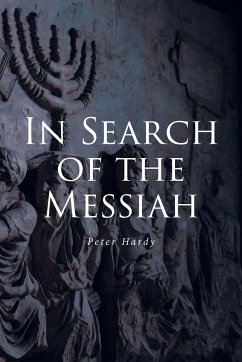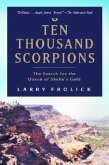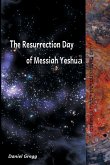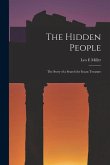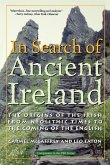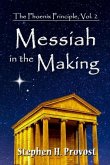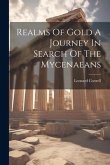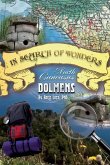Around 750 BC, the Assyrians put together Papyrus, ink, and the Aramaic language and alphabet to create an empire and a technological revolution, and humanity has been recording itself ever since. In 740, Isaiah, one of the first literate prophets, wrote about a King that would save his country which has carried down to the present day as every generation works out its own salvation in search of the Messiah.
Hinweis: Dieser Artikel kann nur an eine deutsche Lieferadresse ausgeliefert werden.
Hinweis: Dieser Artikel kann nur an eine deutsche Lieferadresse ausgeliefert werden.

